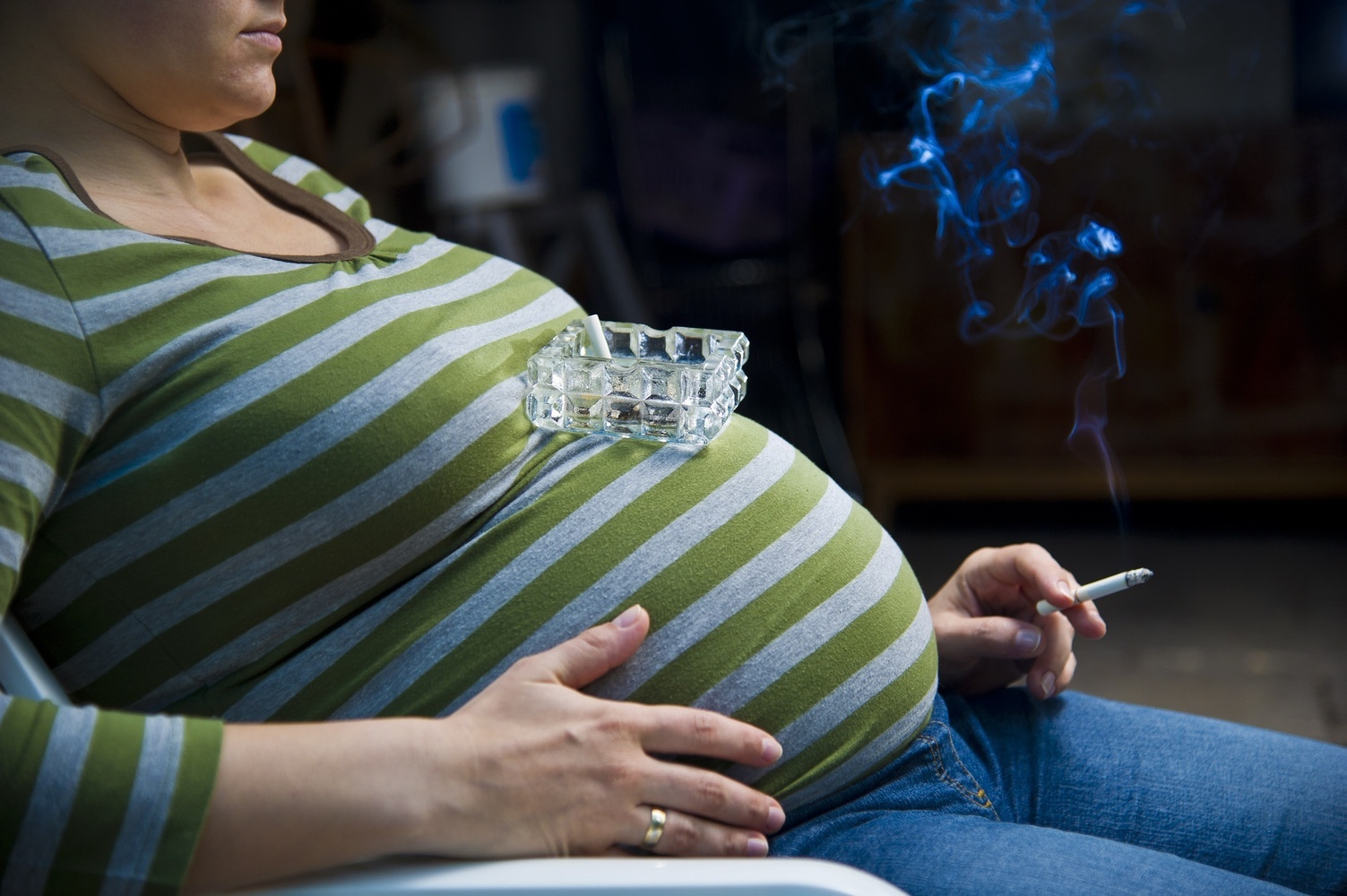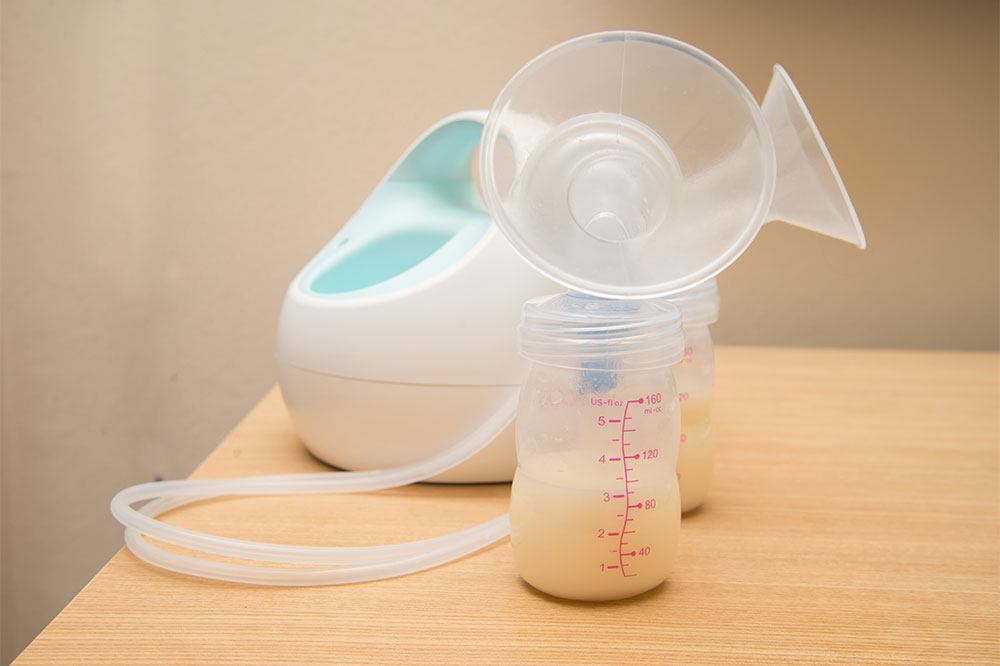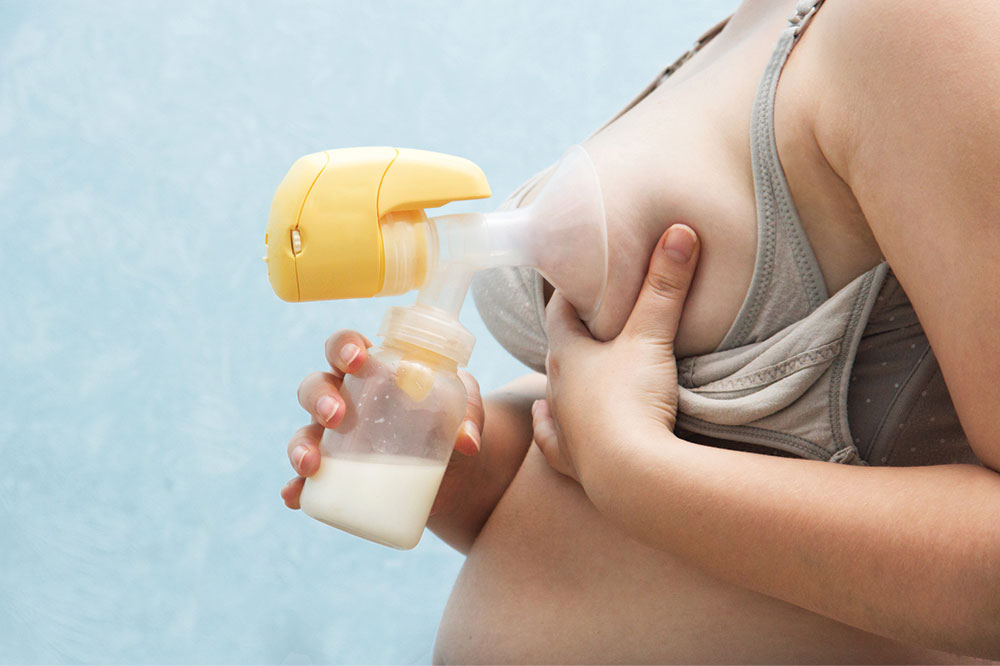Understanding the Dangers of Smoking During Pregnancy and Its Effects on Maternal and Child Health
This comprehensive article details the serious health risks of smoking during pregnancy, including miscarriage, preterm birth, placental abruption, and birth defects. It emphasizes the importance of quitting smoking before conception to ensure a safe and healthy pregnancy. Health professionals and expectant mothers should prioritize cessation strategies to prevent these life-threatening complications and promote fetal well-being. Learn about the critical dangers associated with tobacco use during pregnancy and how to take proactive steps for a healthier maternal and fetal outcome.

The Critical Risks Associated with Smoking While Expecting
The Impact of Smoking on Maternal and Fetal Well-being
Pregnancy is a delicate period that requires additional health considerations, yet many expectant mothers are unaware of the substantial dangers that smoking can introduce during this vulnerable time. Cigarette smoking exposes the mother and developing baby to a multitude of harmful substances, including nicotine, tar, and carbon monoxide. These chemicals significantly increase the risk of serious complications that can threaten lives and impair fetal development. Recognizing the importance of quitting smoking before conception is vital, as cessation not only enhances fertility but also boosts the chances of a healthy pregnancy.
Smoking during pregnancy affects fetal health right from the earliest stages. Studies consistently show that both male and female smokers face twice the difficulties in conceiving compared to those who do not smoke. Secondhand smoke also presents considerable risks to pregnant women, affecting fetal growth and development, emphasizing that smoking cessation is crucial regardless of direct tobacco use. The prenatal environment's safety relies heavily on avoiding tobacco exposure, which is essential for ensuring healthy fetal development.
Elevated Risks of Miscarriage and Stillbirth
One of the most heartbreaking consequences of smoking during pregnancy is the increased incidence of miscarriage and stillbirth. Smoking introduces numerous toxic chemicals to the maternal bloodstream, which can damage the placental tissues and interfere with nutrient and oxygen transfer to the fetus. This toxicity elevates the likelihood of pregnancy loss, whether during early gestation or later stages in the second half of pregnancy.
Miscarriages caused by smoking are often unexpected and emotionally devastating for families. Moreover, the risk extends to stillbirths—fetal deaths occurring after 20 weeks of gestation. The consequences of these losses are profound, and prevention through smoking cessation can dramatically decrease these risks. Supporting pregnant women in quitting smoking is a critical public health goal to improve pregnancy outcomes.
Risks of Placental Abruption
The placenta plays a pivotal role during pregnancy by providing oxygen and nutrients to the growing fetus. Smoking significantly increases the risk of placental abruption, a serious condition where the placenta detaches prematurely from the uterine wall. This detachment can cause severe bleeding, deprive the fetus of oxygen, and threaten both maternal and fetal lives. Although immediate medical intervention can sometimes manage such emergencies, there are no treatments to undo placental abruption once it occurs, underscoring the importance of prevention.
Research shows that women who smoke during pregnancy are at a notably higher risk of experiencing placental abruption compared to non-smoking counterparts. Managing this risk involves comprehensive prenatal care and cessation programs for expectant women.
Preterm Birth and Long-term Health Risks
One of the critical dangers associated with maternal smoking is an increased chance of delivering preterm infants. Preterm birth, defined as delivery before 37 weeks of gestation, is linked to numerous health challenges for newborns. These infants often face respiratory problems, developmental delays, sensory impairments, and increased susceptibility to infections. The lifelong disabilities associated with prematurity include cognitive deficits, motor impairments, and chronic health conditions.
Quitting smoking before or during pregnancy can substantially reduce the likelihood of preterm delivery. It is, therefore, crucial for women to seek support and resources to stop smoking, ensuring a healthier start for their babies.
Ectopic Pregnancy: A Hidden Danger
Nicotine's effects on fallopian tubes can lead to unexpected complications like ectopic pregnancy. Nicotine causes contractions of the fallopian tubes, which may prevent the fertilized egg from reaching the uterus, resulting in implantation outside the uterine cavity. An ectopic pregnancy is a serious health emergency that can threaten the mother’s life if not diagnosed and treated promptly.
This condition requires immediate medical attention, typically involving medication or surgery, and underscores yet another essential reason for women to avoid smoking when trying to conceive or during pregnancy.
Birth Defects and Congenital Anomalies
The correlation between maternal smoking and birth defects is well-established. Children born to mothers who smoked during pregnancy are at higher risk for congenital conditions such as heart defects, cleft lip, and cleft palate. These abnormalities can cause significant health and developmental challenges, necessitating lifelong medical care and intervention.
Despite widespread awareness about the dangers, many women find quitting smoking challenging. Seeking professional help, counseling, and support groups can significantly improve the chances of successfully quitting before conception and throughout pregnancy, leading to healthier outcomes for mother and child.
In conclusion, smoking during pregnancy is associated with numerous severe health risks—from miscarriage and stillbirth to congenital defects and lifelong disabilities. The best approach for expecting mothers is to cease smoking well before conception, assisted by medical guidance and support networks. Protecting your unborn child's health starts with quitting smoking today, ensuring a safer, healthier future for both mother and baby.





